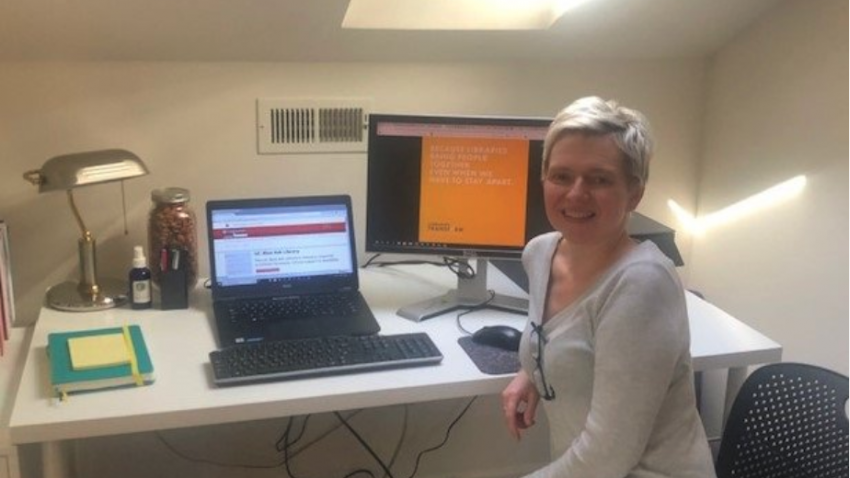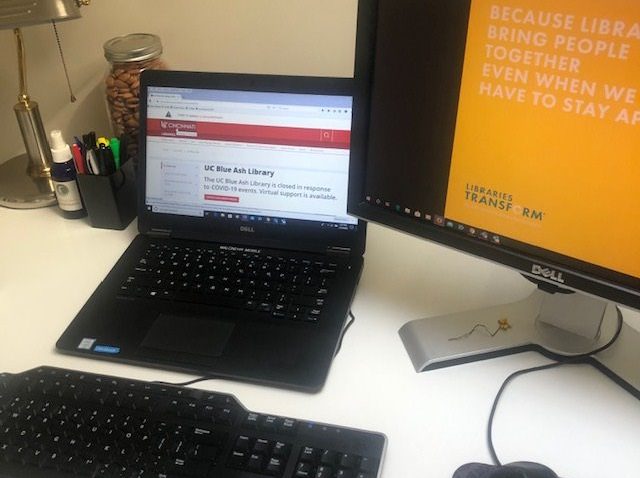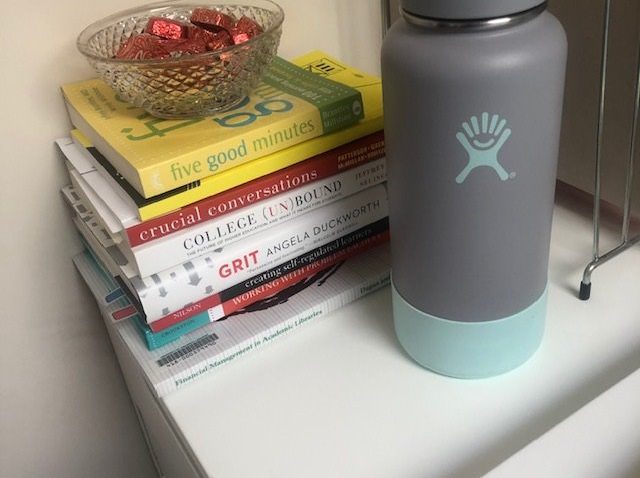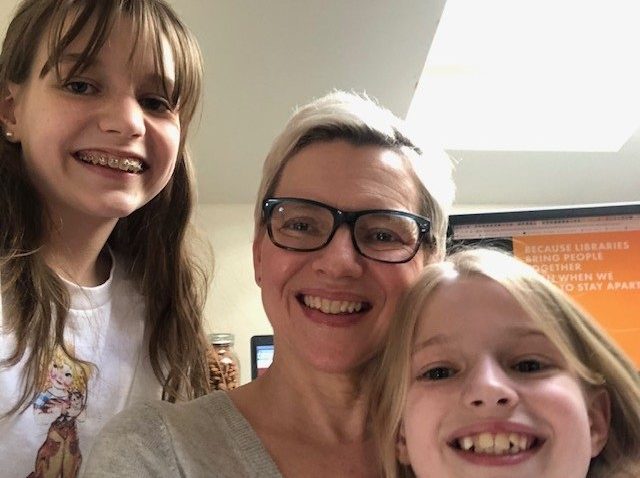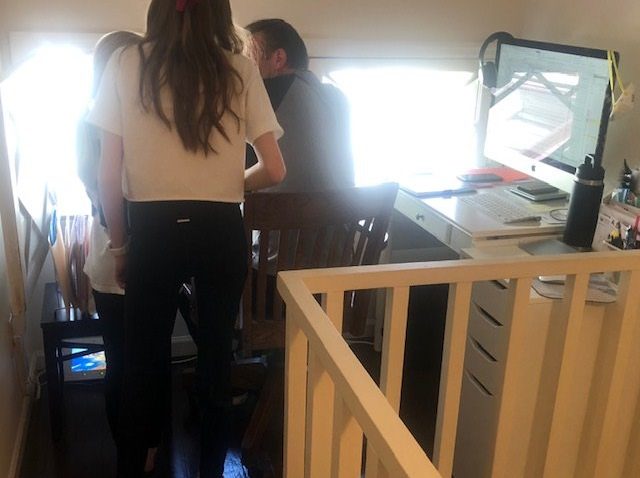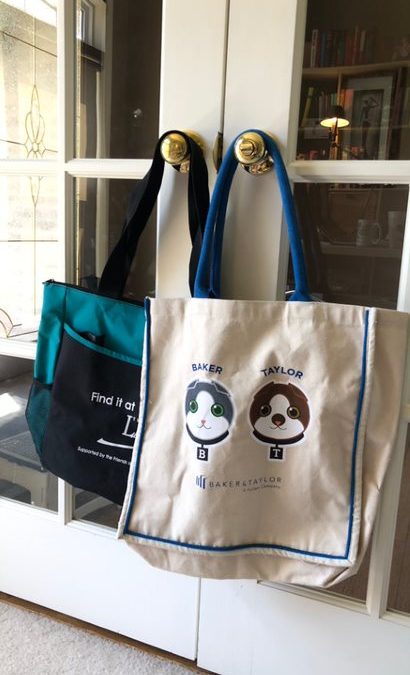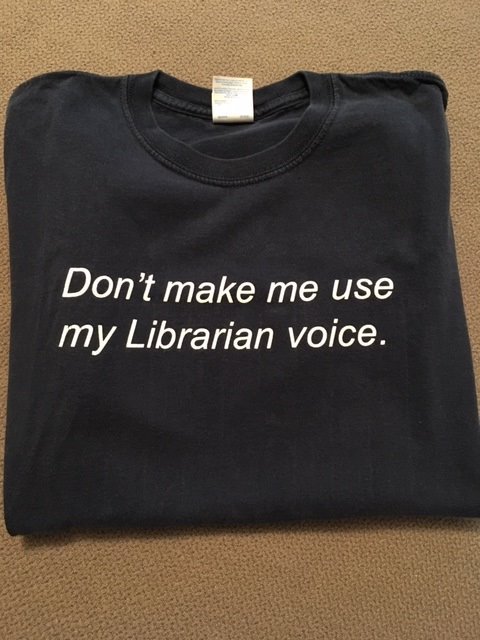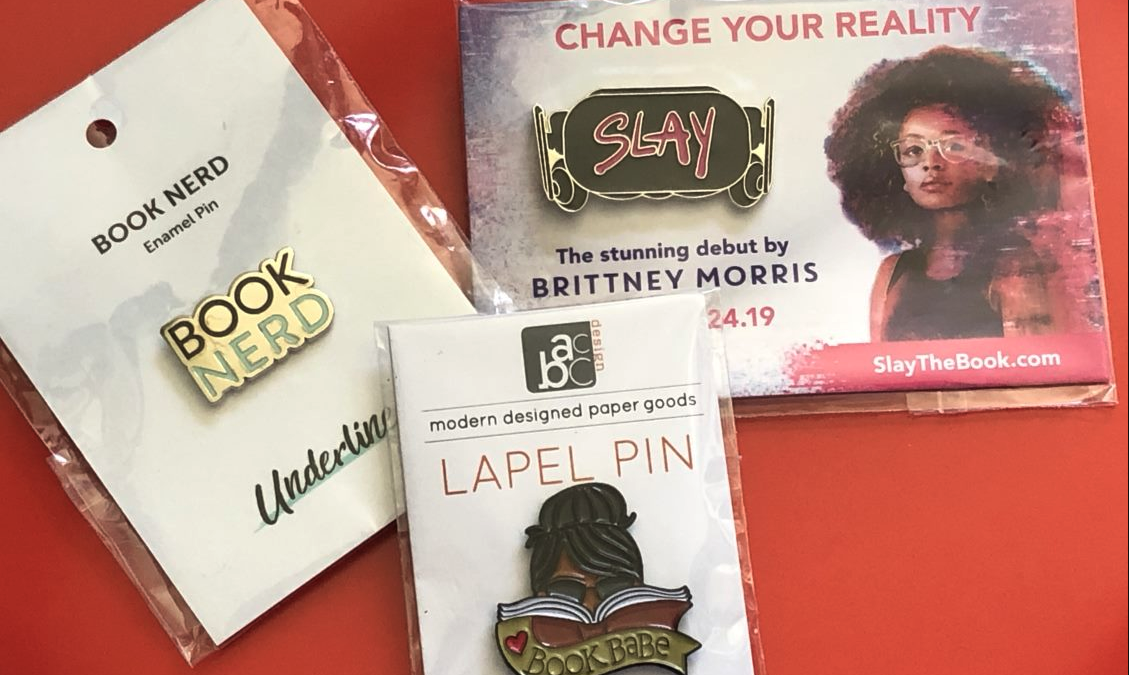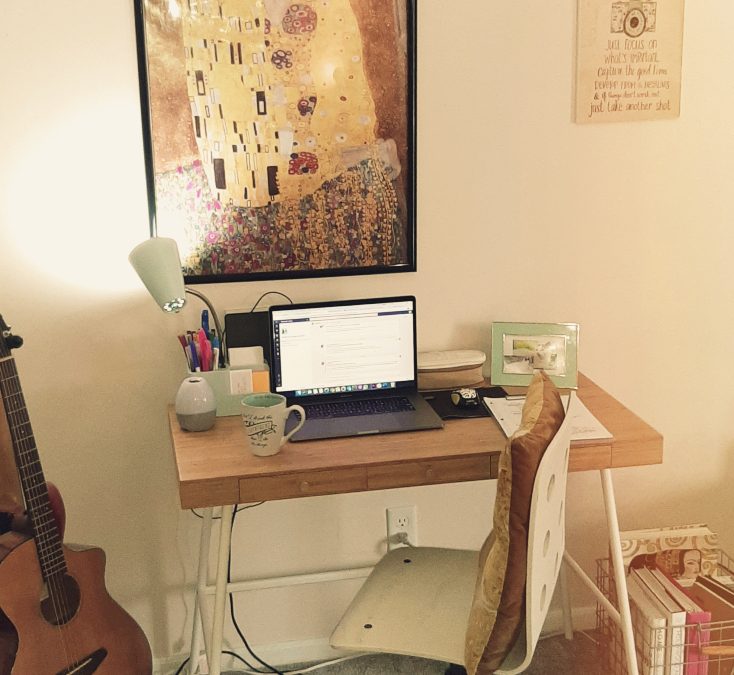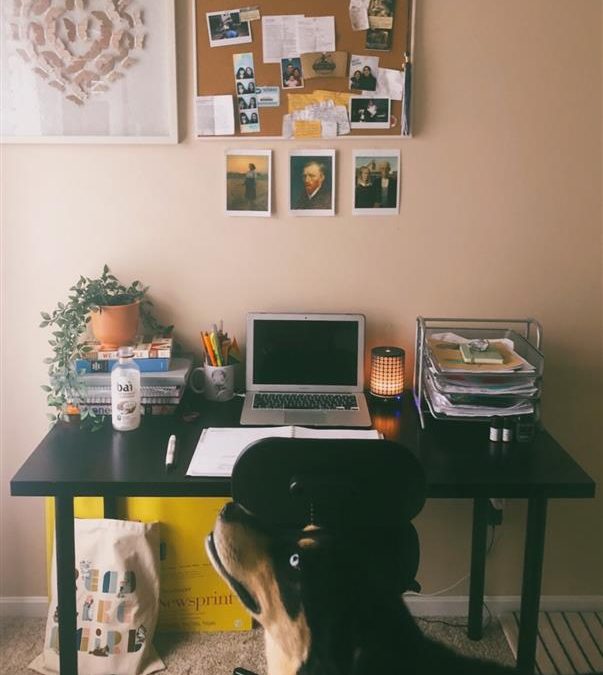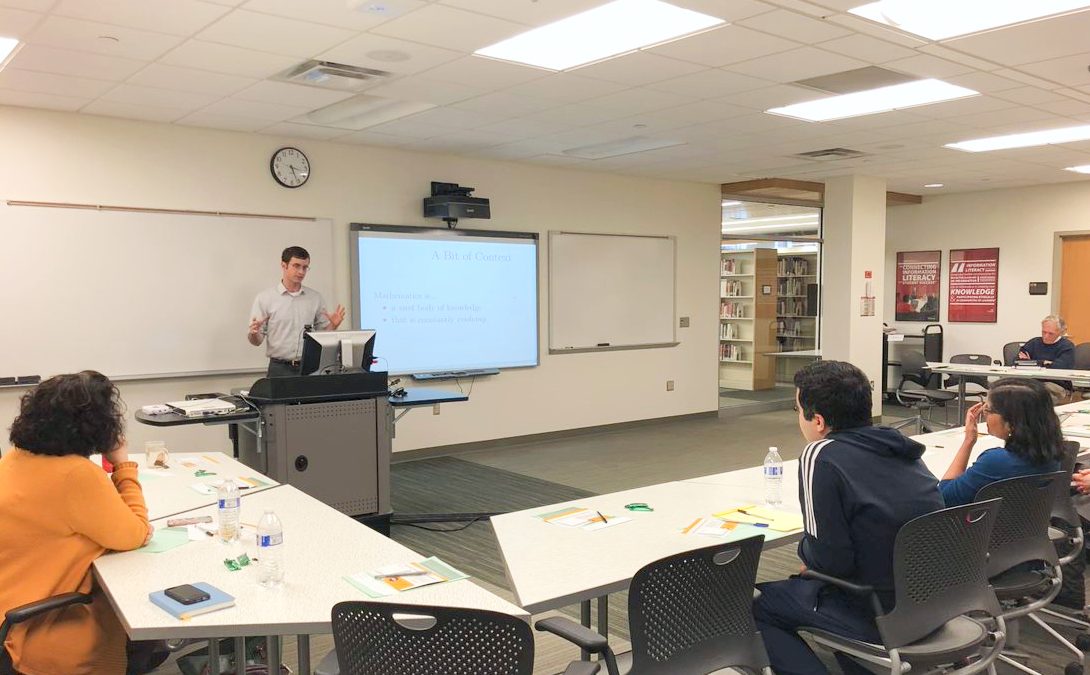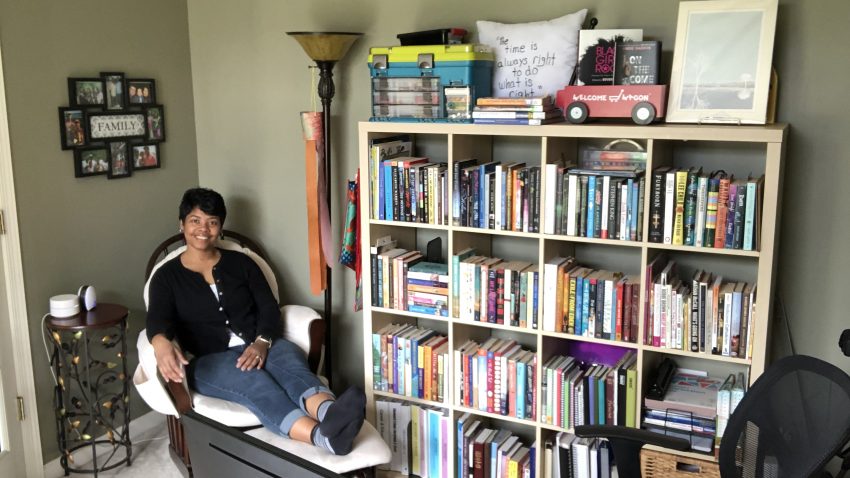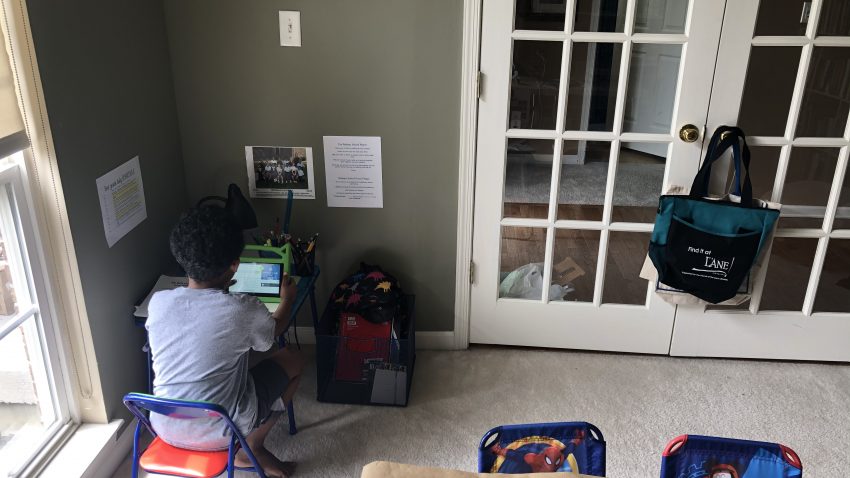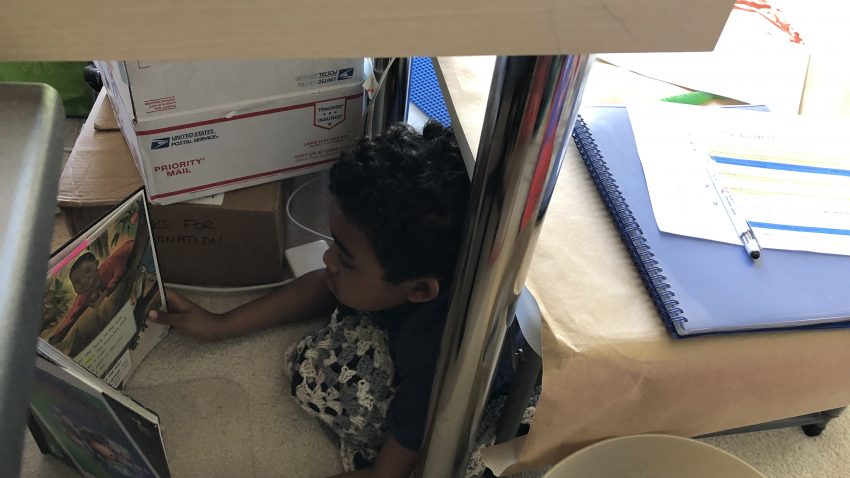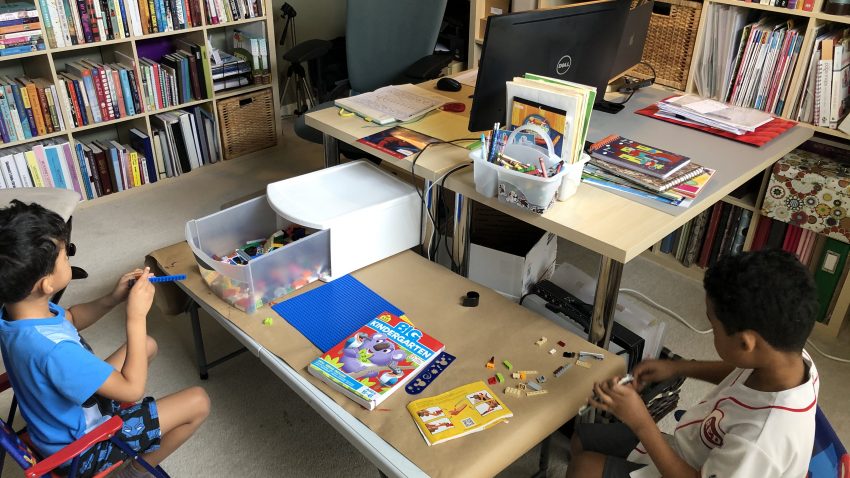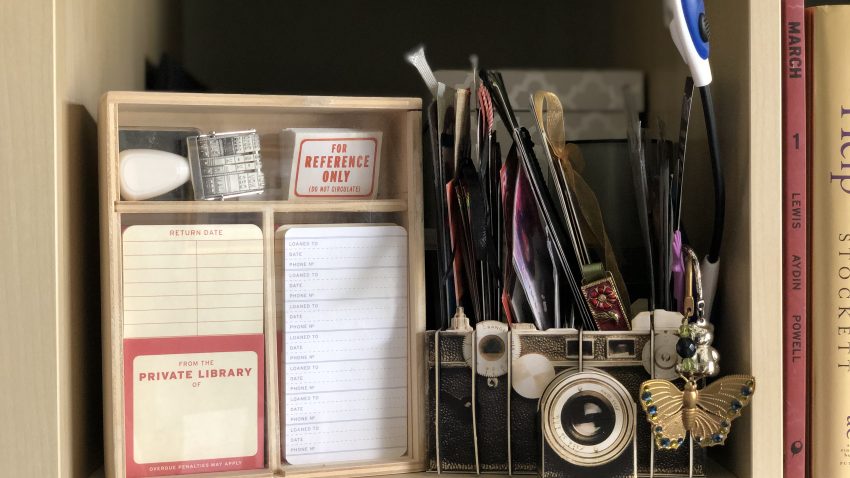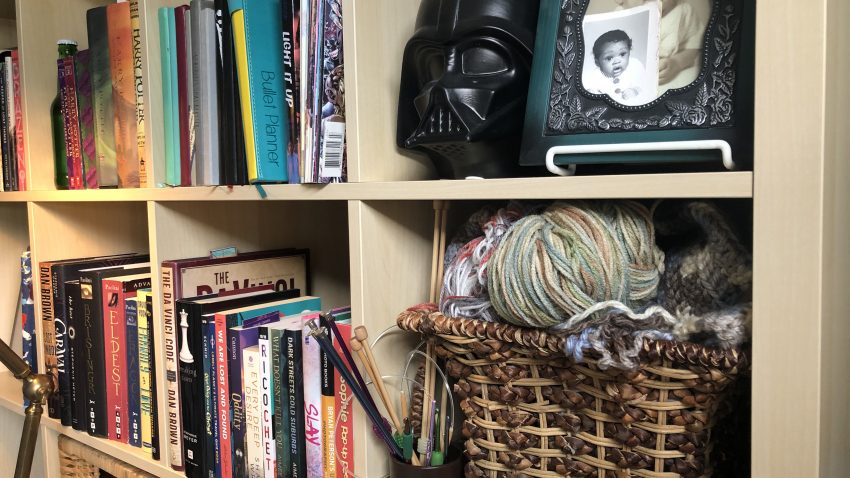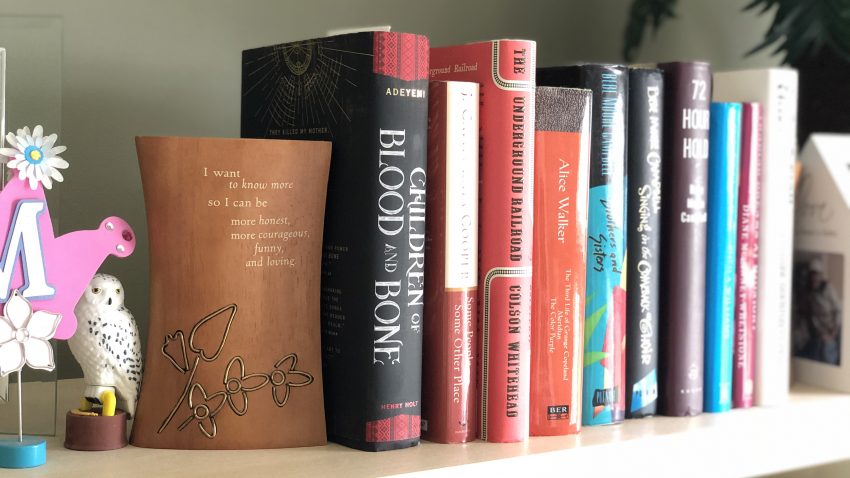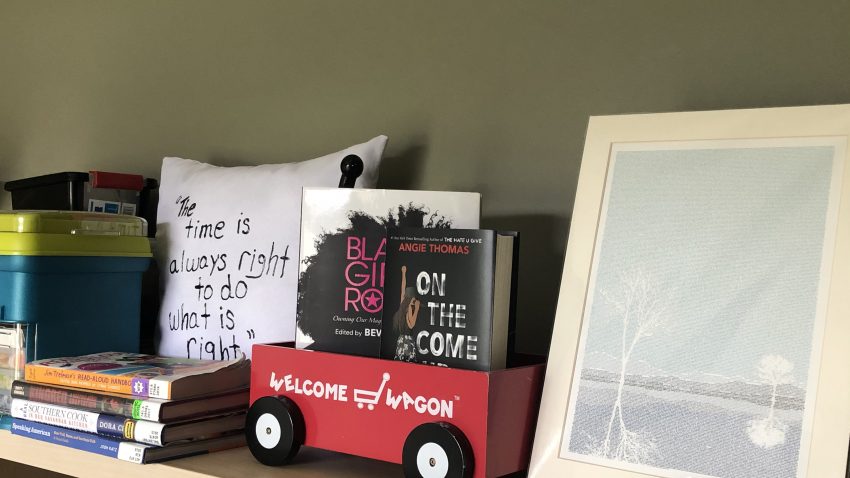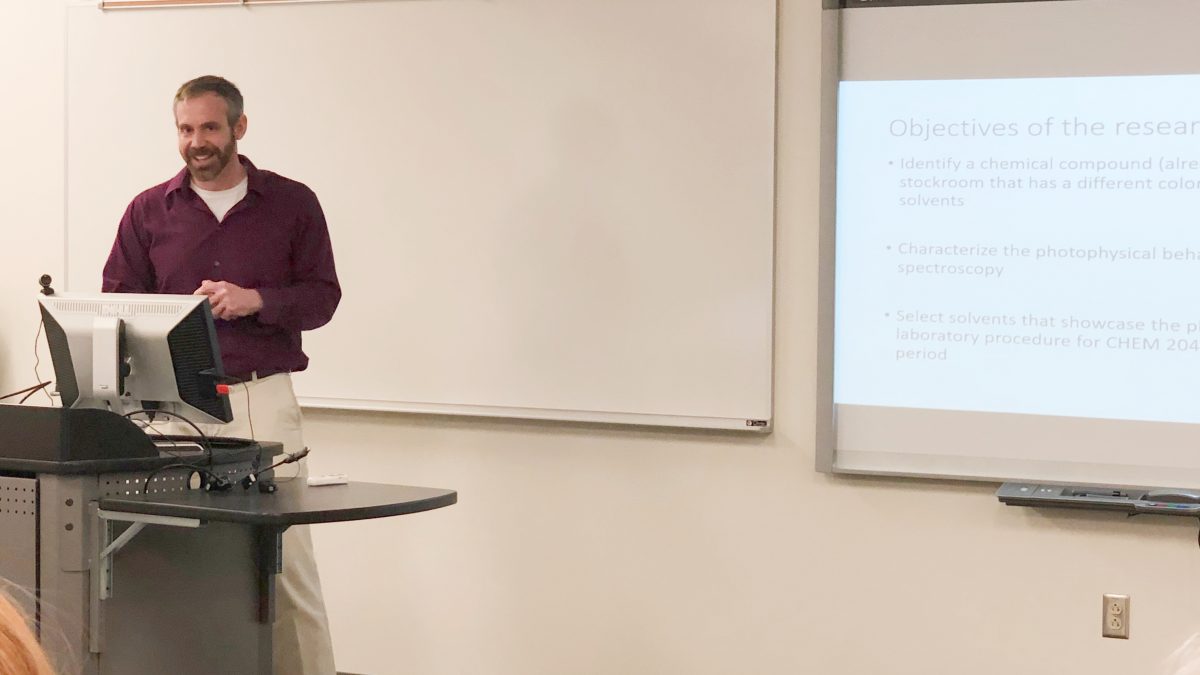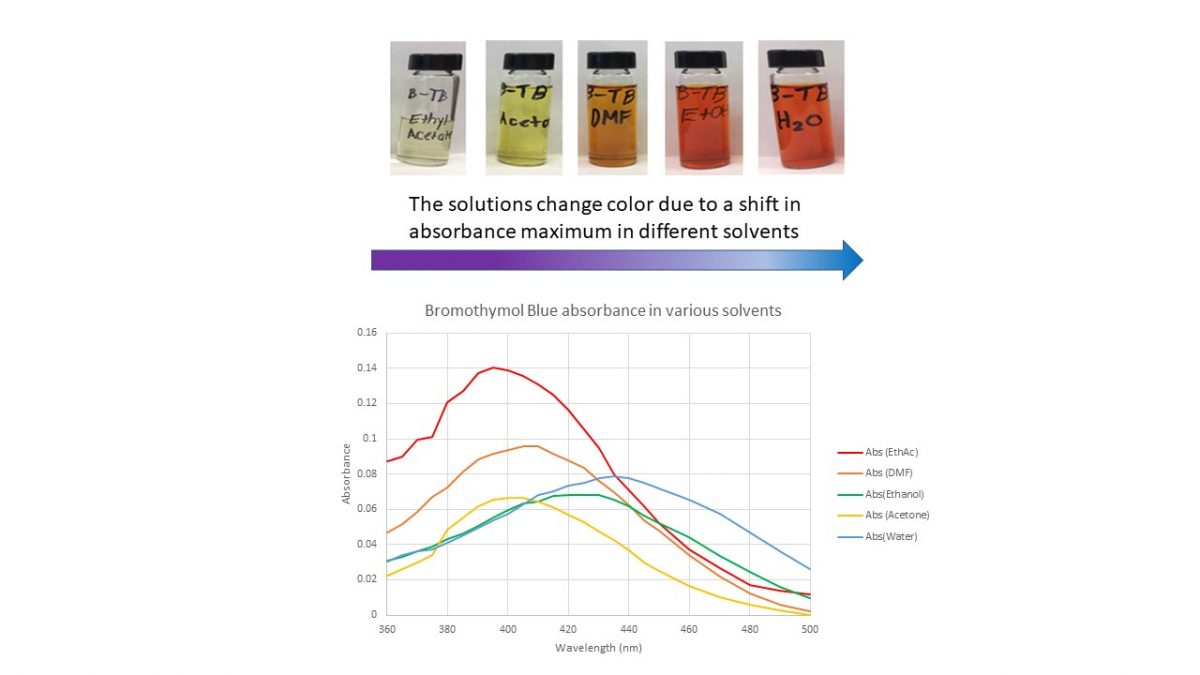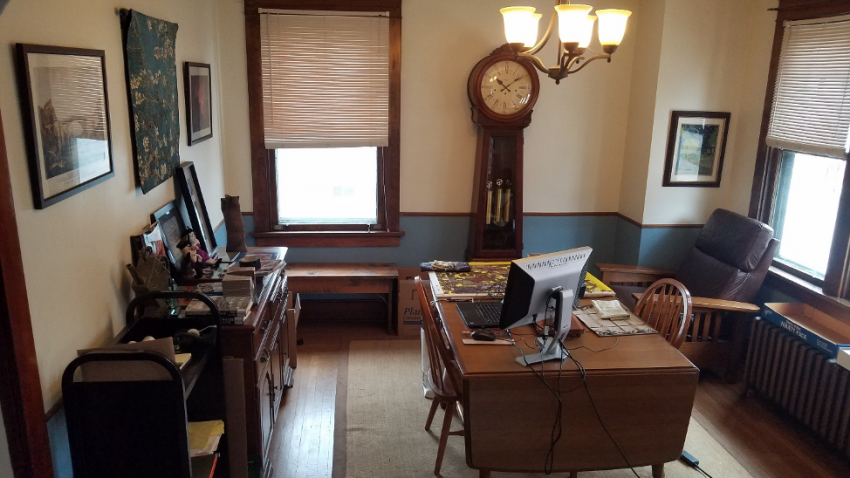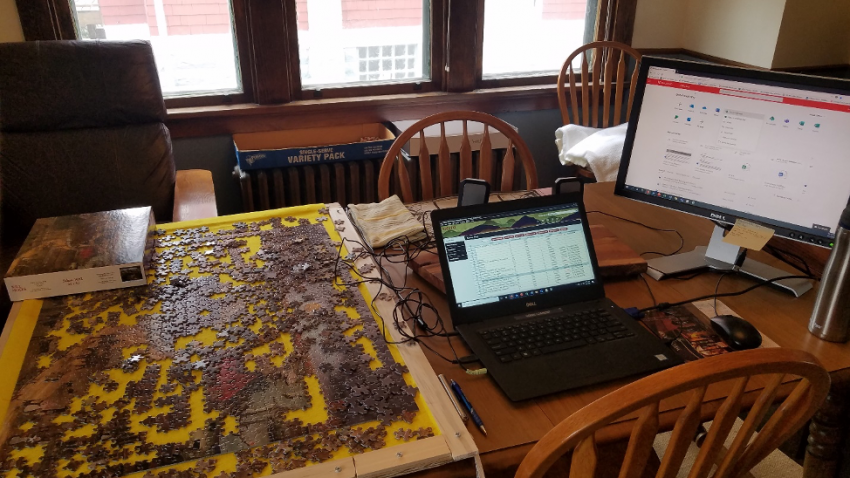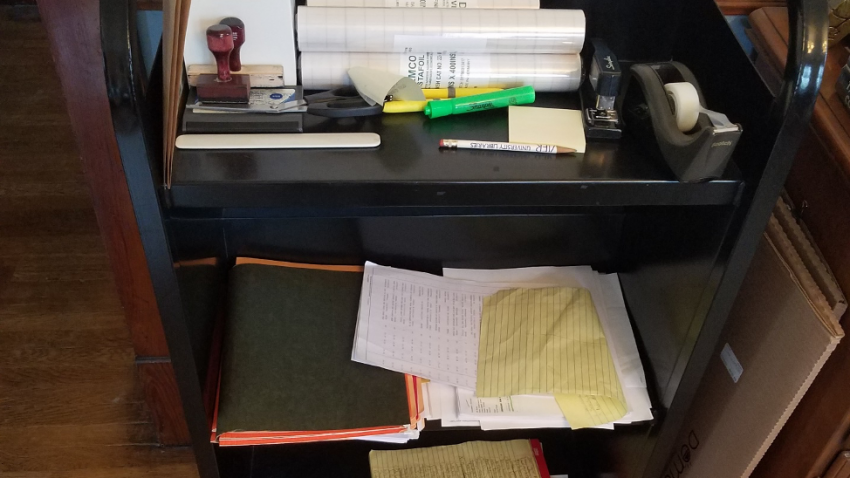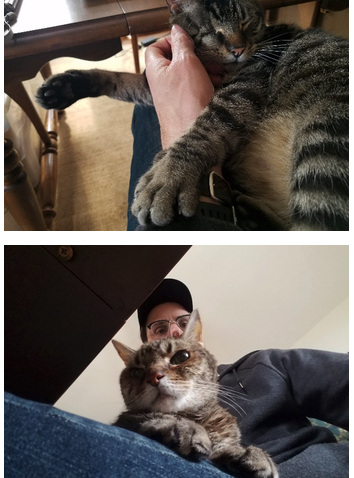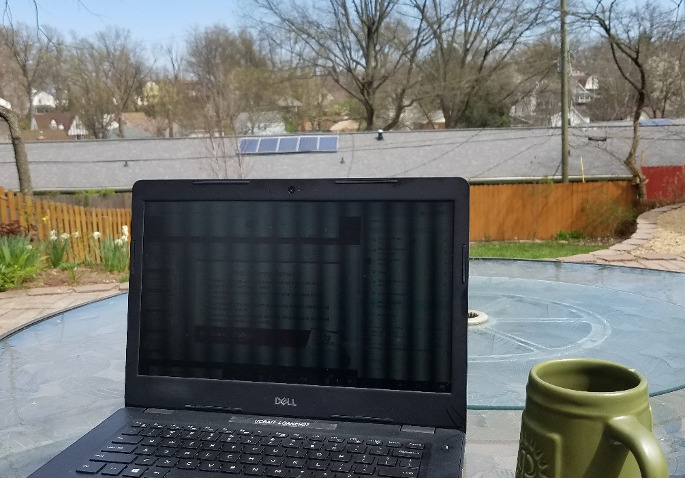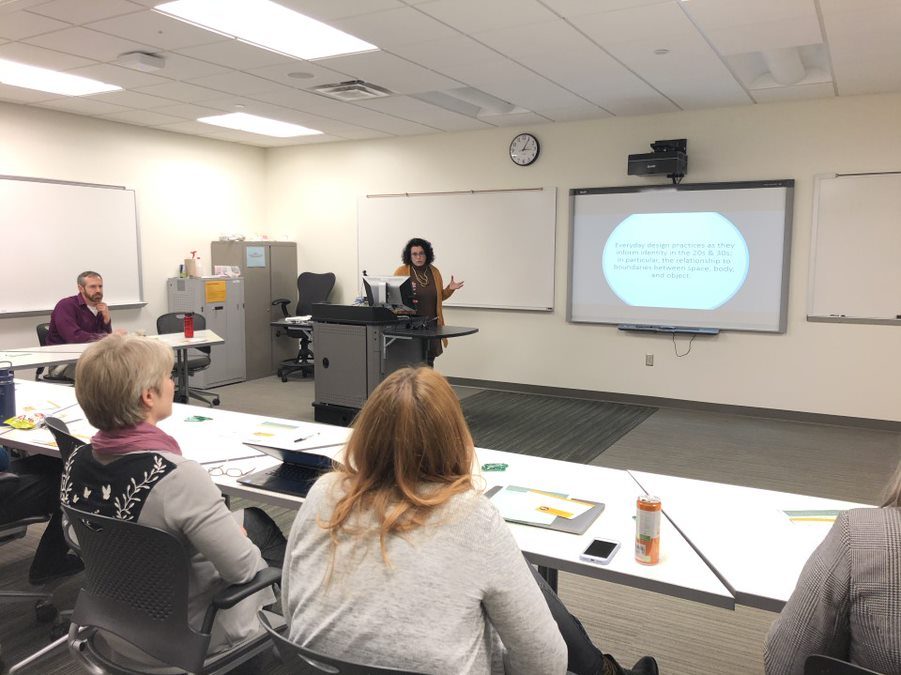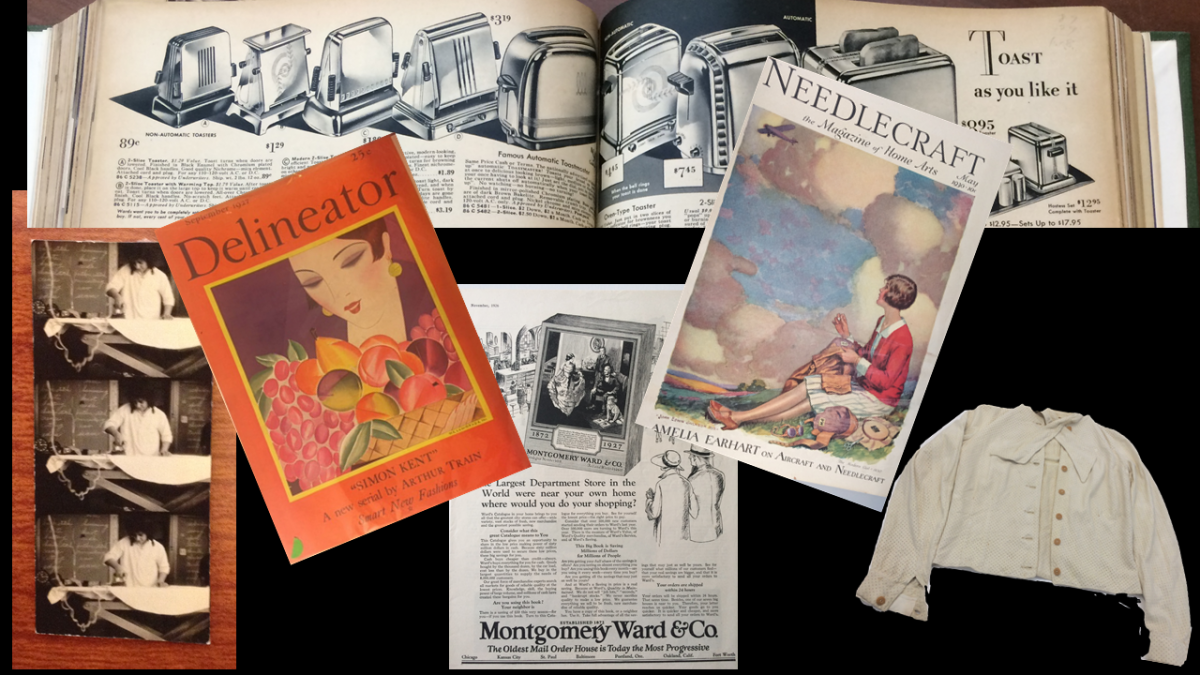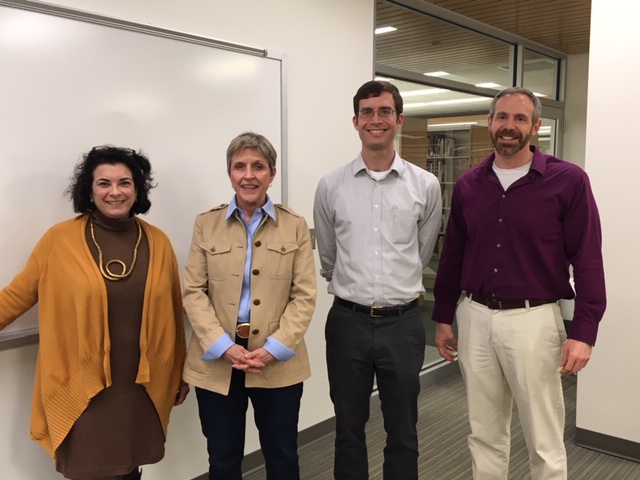The UC Blue Ash Library is celebrating National Library Week. To kick off the week, we’d like to share a few of our favorite books. Every recommended title is available in either ebook or audiobook format from the Public Library of Cincincinnati and Hamilton County (PLCHC). Although physical library locations are closed, ebooks and audiobooks can be accessed and downloaded for free in the comfort of your own home with your PLCHC library card.
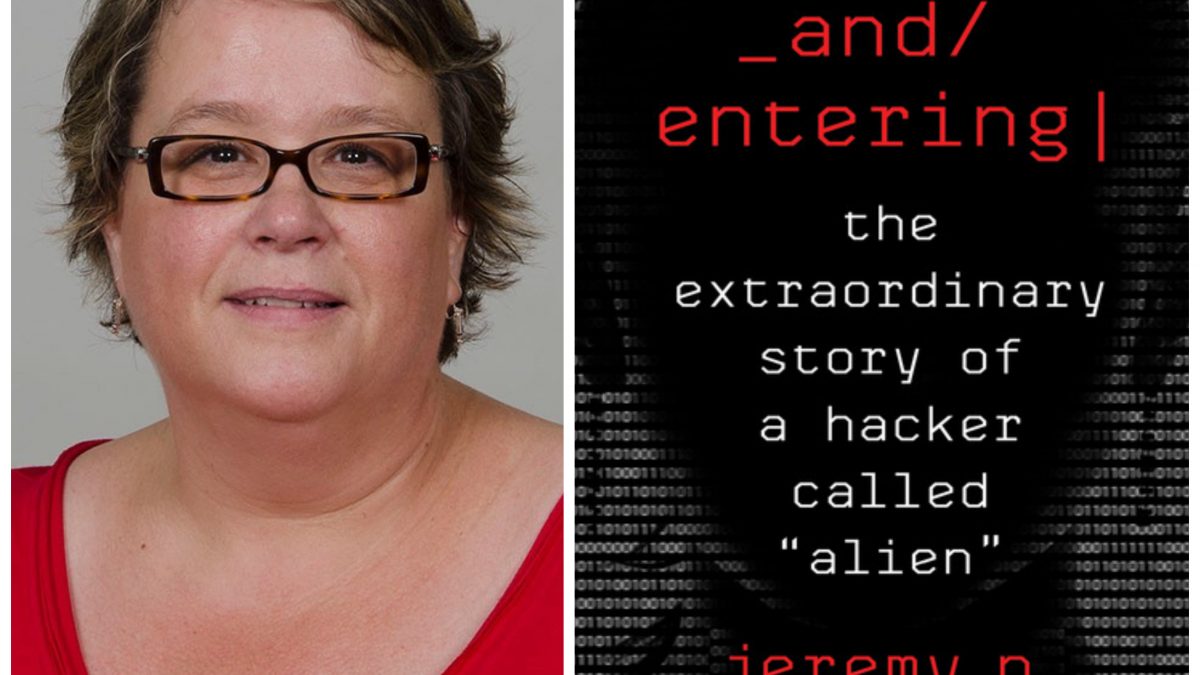
Pamela Adler’s Recommendation
Name: Pamela Adler, Public Services Assistant
Book Recommendation: Breaking and Entering: The extraordinary story of a hacker called “Alien”
Author: Jeremy N. Smith
Book Description: This taut, true thriller takes a deep dive into a dark world that touches us all, as seen through the brilliant, breakneck career of an extraordinary hacker – a woman known only as Alien.
Rating: ⭐️⭐️⭐️⭐️
Review: A page turning real life thriller, the sort of book that may leave you feeling both invigorated and vulnerable.
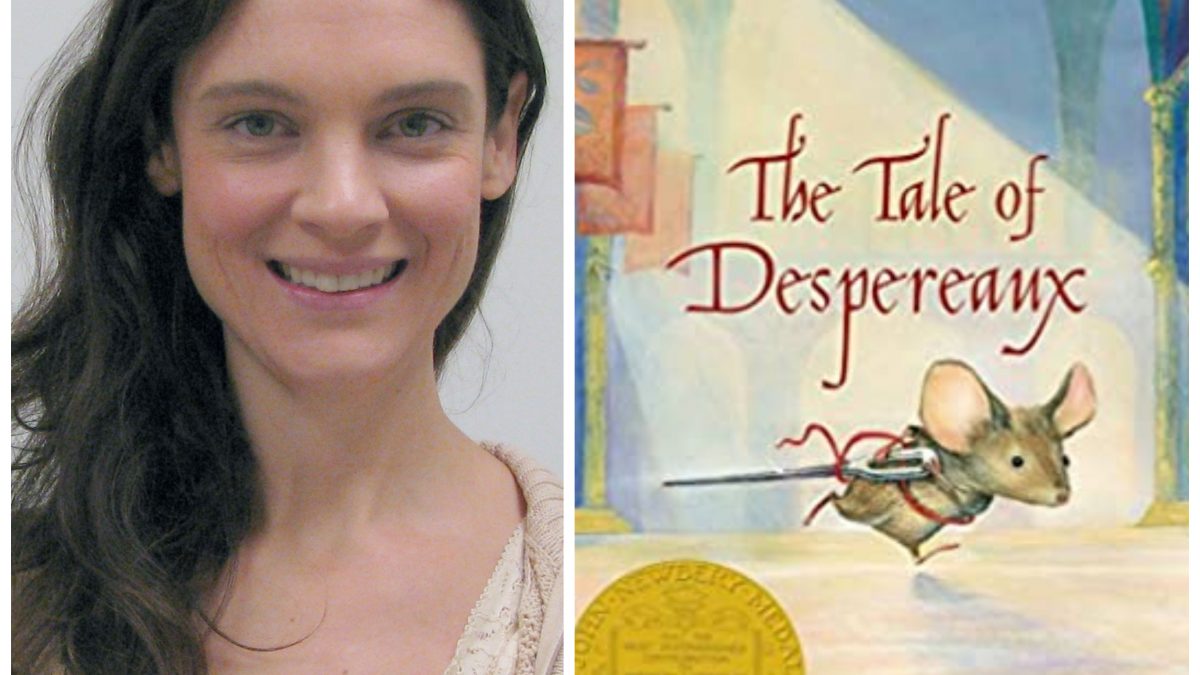
Elizabeth Hartlaub’s Recommedation
Name: Elizabeth Hartlaub, Library Operations Manager.
Book Recommendation: The Tale of Despereaux
Author: Kate DiCamillo.
Book Description: Despereaux, a most unassuming and tiny mouse, shows that even the smallest among us can be great heroes against all odds.
Rating: ⭐️⭐️⭐️⭐️
Review: Author Kate DiCamillo weaves a charming story using a “classic” fairy-tale approach that will delight children of all ages.
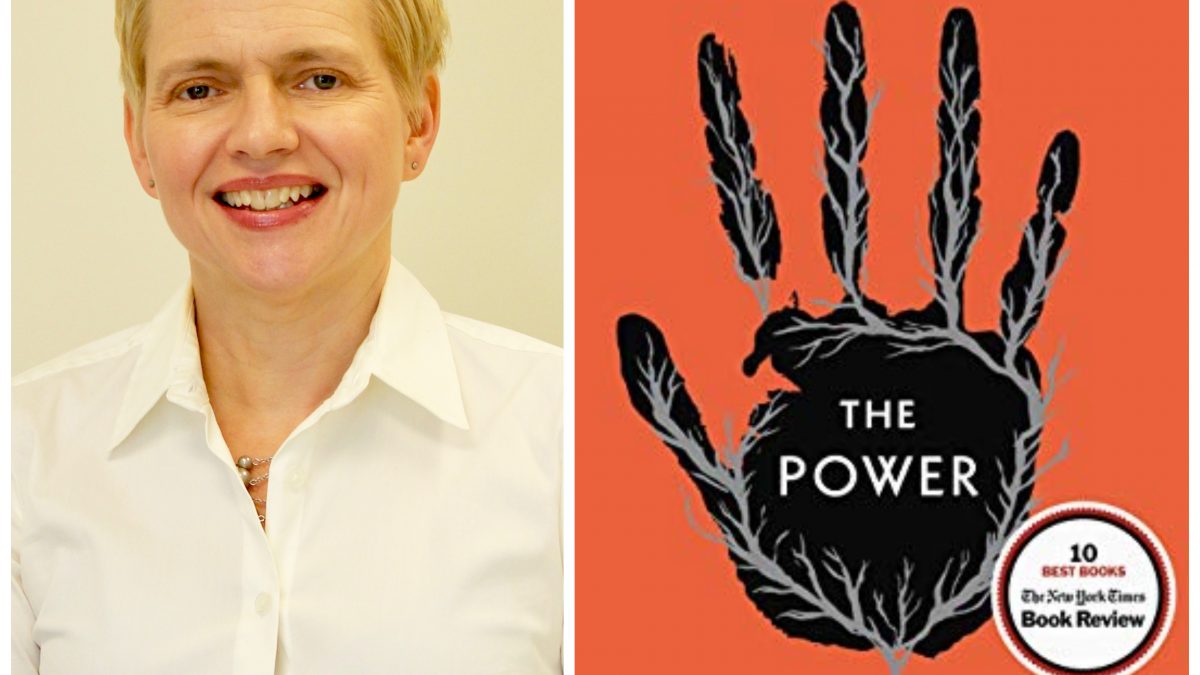
Heather Maloney’s Recommendation
Name: Heather Maloney, Library Director
Book Recommendation: The Power
Author: Naomi Alderman
Book Description: Now in possession of a new kind of power, this novel explores how the world begins to change when girls and women experience and wield this power in different ways.
Rating: ⭐️⭐️⭐️⭐️
Review: I’m not usually into science fiction but this story really pulled me in and is a relatively quick read. It made me consider our world now and how it might be if evolution took a strange and powerful turn for one gender. The page turning plot will keep you on your toes and linger with you long after you read it.
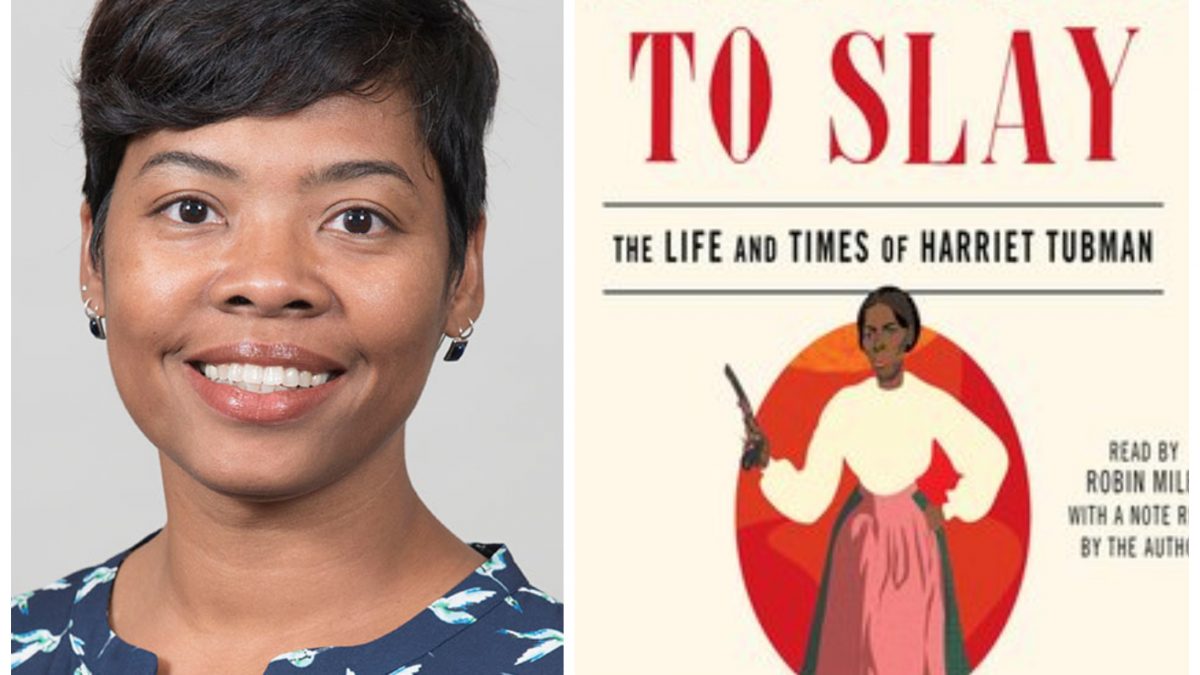
Michelle McKinney’s Recommendation
Name: Michelle McKinney, Reference and Web Services Librarian
Book Recommendation: She Came to Slay
Author: Erica Armstrong Dunbar
Book Description: This biography of Harriet Tubman is “An illustrated tribute to one of the most exceptional women in American History.”
Rating: ⭐️⭐️⭐️⭐️
Review: I listened to the audiobook version and found it perfectly paced and engaging. This is a very easy-to-read and enlightening book on the life of Harriet Tubman.
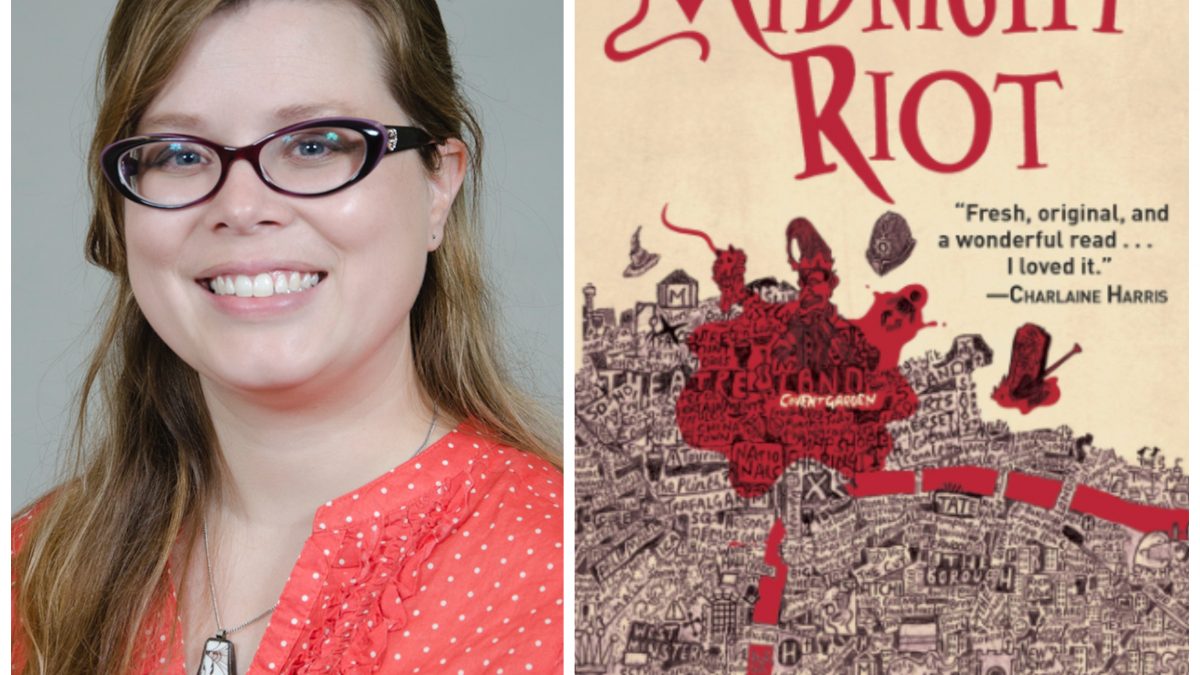 Name: Kellie Tilton, Instruction Technologies Librarian
Name: Kellie Tilton, Instruction Technologies Librarian
Book Recommendation: Midnight Riot /Rivers of London (Rivers of London/Peter Grant series, Book 1)
Author: Ben Aaronovitch
Book Description: Police procedural meets Hogwarts in modern-day London.
Rating: ⭐️⭐️⭐️⭐️
Review: Fun, twisty and just a touch creepy, this book (and the rest of the series) provides a new spin on magic in every day London, with a lowly policeman that gets stuck in the middle.
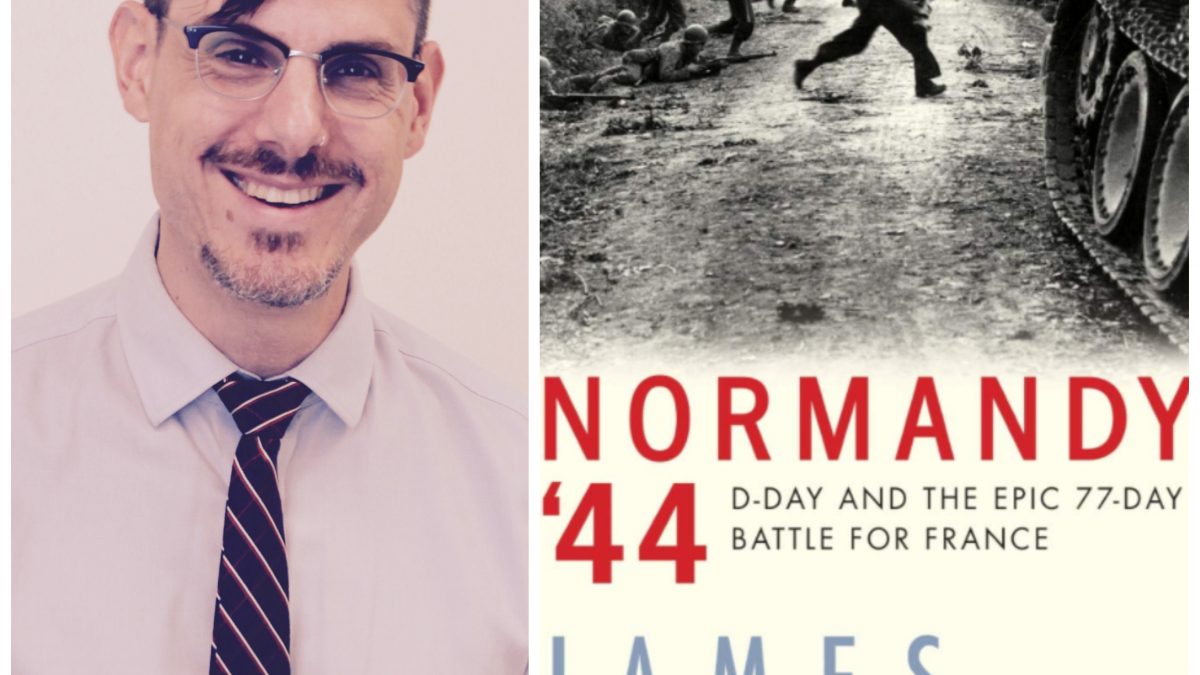
Name: Christian Boyles, Collection Services Manager
Book Recommendation: Normandy ’44: D-Day and the Epic 77 Day Battle for France
Author: James Holland
Book Description: A stirring narrative by a pre-eminent historian, Normandy ’44 offers important new perspective on one of history’s most dramatic military engagements and is an invaluable addition to the literature of war.
Rating: ⭐️⭐️⭐️⭐️
Review: I enjoy historical accounts that tell the story from multiple viewpoints. It was a fascinating read detailing how the Allies and Axis prepared for the invasion and how the fighting was for those on the frontline and behind the lines. In spite of the amount of information, it is a quick and lively read.
by Pam Adler

